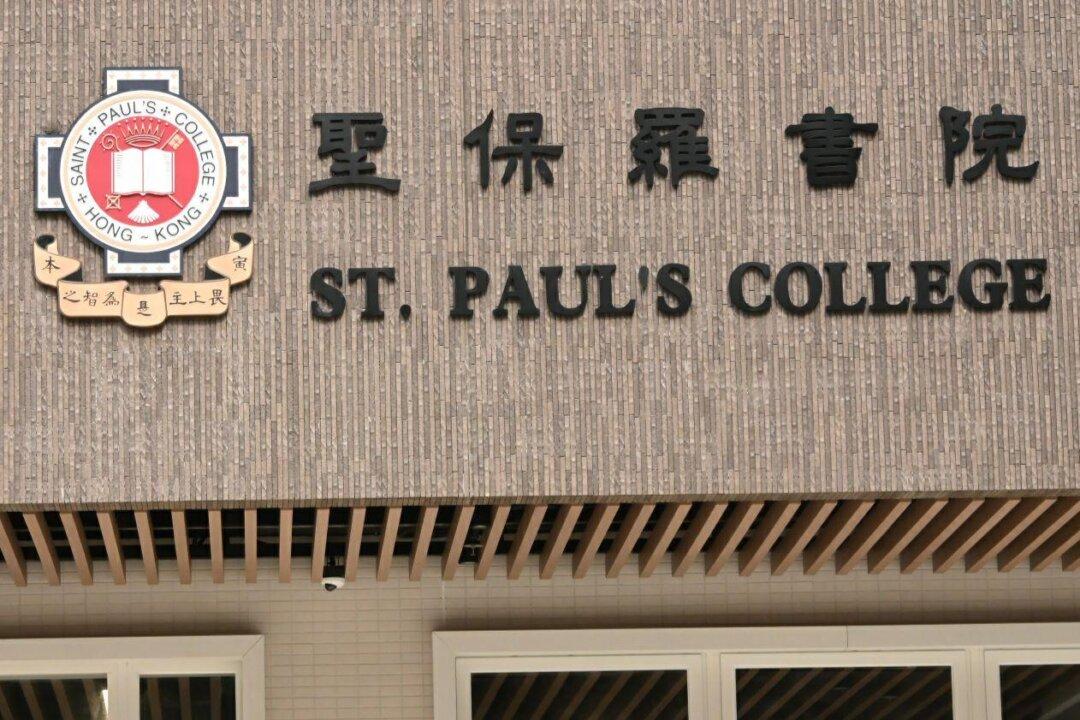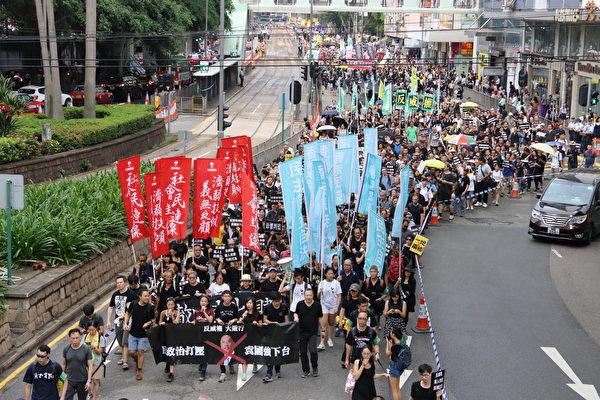HONG KONG—The Beijing political reform proposal that would restrict Hongkongers’ universal suffrage was tabled at Hong Kong’s Legislative Council (LegCo) after a second round of public consultation.
Not long after the Chief Secretary Carrie Lam announced the long-awaited political reform proposal, the pan-democratic LegCo members rejected the plan, and walked out of the LegCo chamber collectively. The proposal was drafted under the 8/31 Beijing framework, obviously the authorities have not made any room for compromise.
The key points of the political reform are:
- Nomination Committee (NC) has 1200 members from the four sectors for a period of five years.
- A prospective candidate must collect 120 votes from the committee members in order to become a candidate for chief executive.
- Each NC member can vote for at least two candidates or even all candidates.
- Each candidate can collect a maximum of 240 votes, which means that the uppermost number of candidates is ten.
- The top two or three candidates who get more than 50 percent of members’ votes can proceed to the public voting process.
- After the five million qualified voters in Hong Kong vote, the candidate who gets the most votes wins.
Since the members of NC are considered Bejing-manipulated, the proposal is not accepted by most HK citizens; some call it “fake democracy.”
Beijing and Hong Kong authorities, as well as the pro-establishment camp, have tried everything to lobby the pan-democrats to support the proposal. At the beginning of January, Chief Secretary for Administration Carrie Lam Cheng Yuet-ngor spoke of persuading at least four pan-democratic LegCo members to vote for the proposal.
Earlier this month, a list of 14 pan-democratic LegCo members whom the government would try to persuade was released. If the government could successfully lobby four votes – what has come to be called the “prize votes” – from the pan-democrats, the political reform plan would be passed.
Lam recently called in some pan-democratic LegCo members, meeting with the Democratic Party for half an hour and the Civic Party, which has the toughest stance on the reform, for 15 minutes.
Hong Kong citizens are concerned about who, among the 27 pan-democrats in the LegCo, might turn around and support the government.
Opposition





